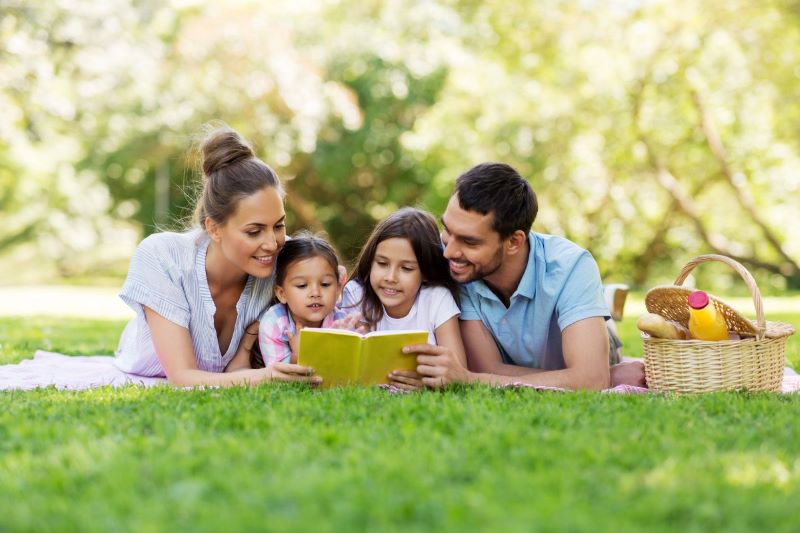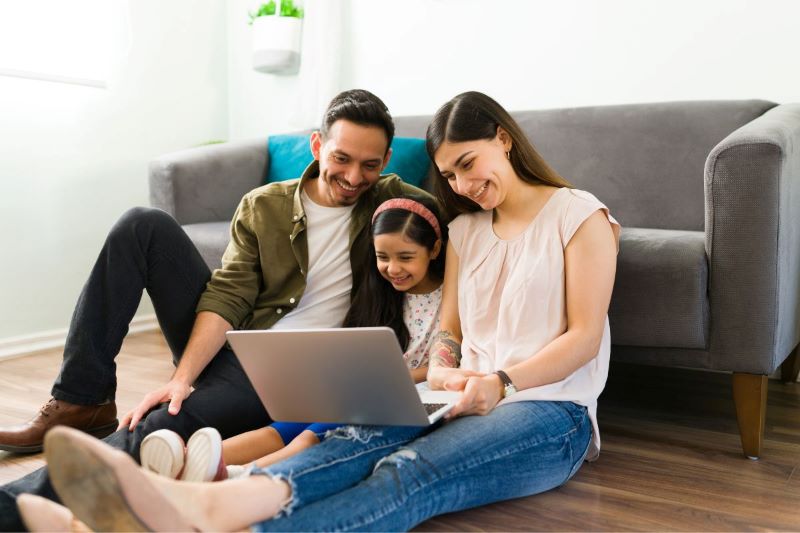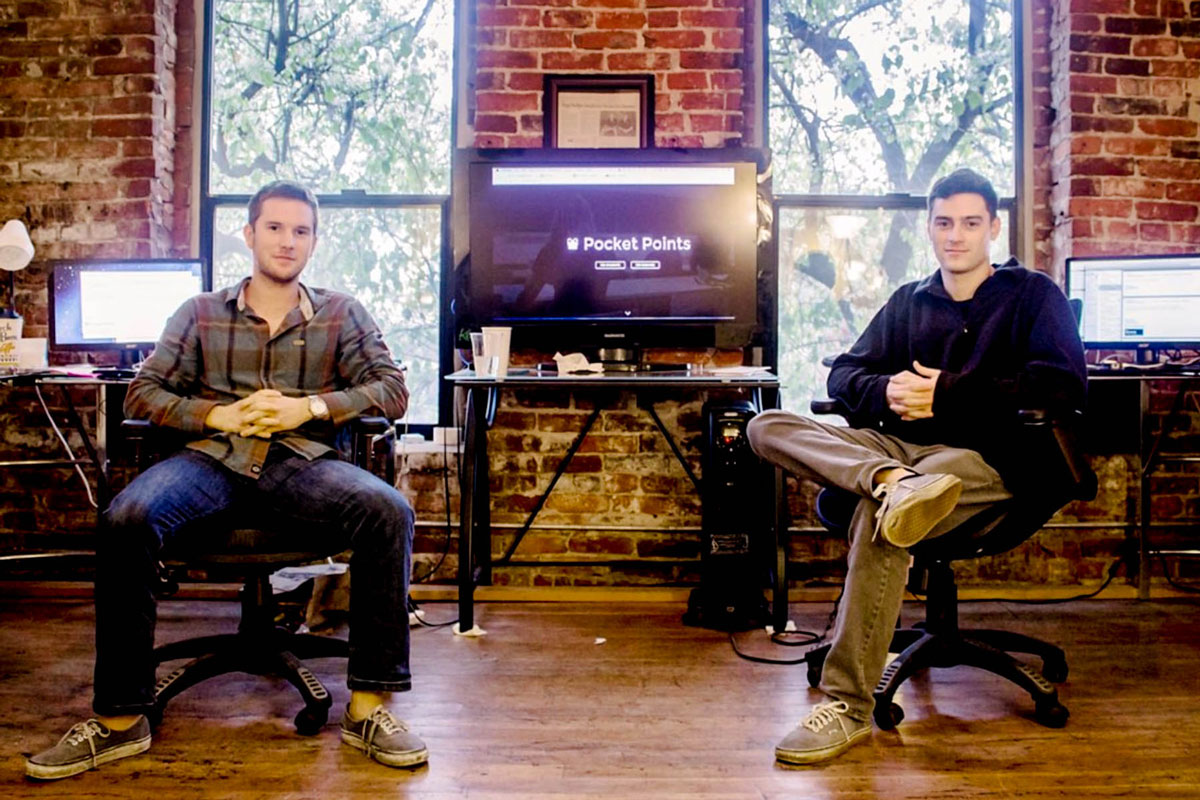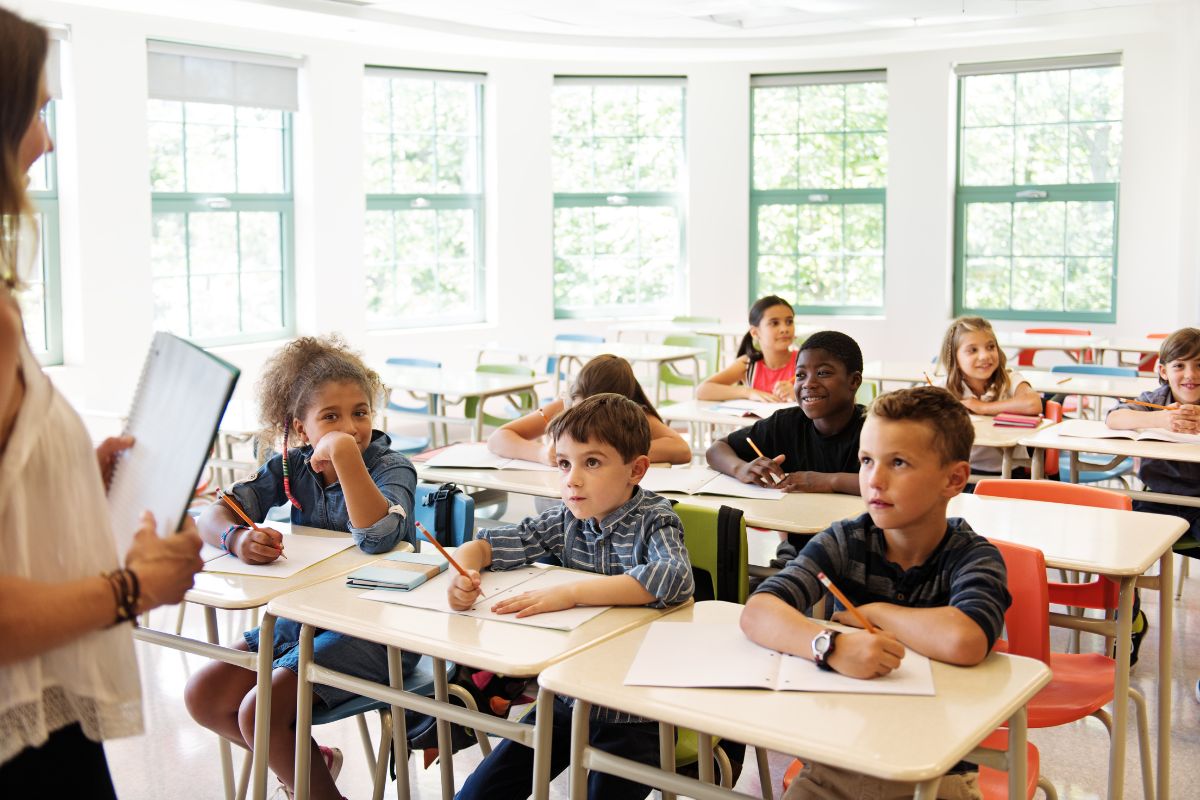4 Effective Ways to Share Mindful-Based Social and Emotional Learning Practices with Parents

I was reading something once about how a school turned their low attended literacy night into a memorable parent favorite. While educators love to share knowledge – this is one of many reasons why we teach – not everyone is as excited about the information we’re sharing, including parents. So, what did this school do so differently to increase their parent engagement numbers?
Experiential and Informative
They understood the fundamental difference between experiential and informative learning. Our tendency as educators is to explain things, give relatable definitions, share awesome images and video clips in our lessons, and try a plethora of high engagement activities that center the student and get them moving and thinking for themselves.
Something seems to break down in how we do things in the classroom and how we do things when engaging all school stakeholders. We go back to some stone age way of teaching and trying our best to engage with parents, and then we wonder why our engagement numbers are so low. This stone age way of teaching utilizes informative delivery only, meaning sharing only information. Insert – bored, disconnected, unemotional, and disinterested.
Remember that school that changed their literacy night fate around? They caught themselves in this informative delivery stone age bore and incorporated an experience for parents and families. Their engagement numbers increased a lot and parents talked about literacy night often. They made literacy night into a family picnic literacy night. Insert – engaging, connected, emotional, and super interesting. When they integrate both forms of knowledge delivery – informative and experiential learning – their parent engagement numbers increased.
Cue: Emotion
We have to do the same with sharing social and emotional learning (SEL) practices with parents. I’m going to share four effective ways you can share SEL practices with parents and actually get them talking about and using SEL.
These are some big ideas so you will have much latitude in how you actually implement them in your school community. Remember, you need a mix of informative and experiential delivery methods. But, there’s one more thing I didn’t mention. You have to have emotion. When you add emotion, what you are actually doing is helping parents solve a problem they know they need solved or they are unaware they need solved.
Their student is struggling with literacy skills because they can’t sit still and focus. Parents don’t only want to hear all the ways they can support their student. That’s not sticky (emotional) enough. They really want to feel more ease and confidence that they can support their student in gaining the foundational literacy skills for successful lifelong learning. By sharing what you know, what result will this have for the parent and the student?
Messaging and content delivery matter. I’ll share some messaging tips in another piece, but for right now, I’m going to talk about a few effective ways to share SEL with the parents in your community. Make each of these your own. There’s no right formula, but a good framework makes all the difference.
1. Special experiences

I love to nerd out to new information and research and strategies, but parents aren’t in the business of teaching (well, many of them aren’t). They are in the business of supporting. Effective supports makes for happy parents and successful students. Remember the school I mentioned that turned their literacy night around because they combined informative and experiential elements of learning? Picnic night at school and literacy tips and tricks that you can use with your students at home is a big yes. Not only are you making the knowledge link, you’re making the emotional link and the fun link.
I organized a women’s caregiver event at my school where we combined tea, art, and mindfulness (it was around Mother’s Day). It was so awesome. Parents and students were engaging in SEL led conversation starters, while enjoying healthy tea time with other parents, and taking mindful moments for themselves. The overall feeling was joy and gratitude. Everyone there will remember that feeling, and because they will remember that feeling, they will remember some of the practices shared. What you remember and makes you feel good, you will practice again and again.
2. Virtual Challenges

Challenges hold us accountable, and they’re fun. There are so many ways to use technology so parents (and students) can engage in a virtual challenge. Name your favorite app and I’m sure there’s some feature that allows you to share pictures, voice, videos, and text.
I organized a challenge once with Class Dojo and gave the parents options to share pictures of daily SEL goals (yoga poses, affirmation cards, mind jar art projects) either as a personal DM to me or share on their class Dojo feed. At the end of this particular 5-day challenge, I randomly chose a winner (you had to complete the entire challenge, meaning do all the daily goals and post them on Dojo) and they won a mindfulness-based SEL resource prize at the end.
Parents and students loved it, and students were talking about the challenge each day excitedly sharing what they were learning about themselves, their emotions, and the tools that were helping them the most.
3. Book Study and Virtual Workshops

Now, book studies aren’t new and neither are workshops. Make them virtual and flexible and about the parent (it’s like self-development for parents) and you’ve created a unique experience. Adult SEL and personal development programs can be very pricey. I’m all about investing in yourself as I believe the ROI is huge, but not all parents are at a place to do this. Schools are uniquely positioned to offer quality educational opportunities for parents so they can better support their students – literacy and SEL alike.
I led a virtual book study for parents once using Whats App and Zoom. We had a small group, but it was powerful and those that signed up were super engaged in the program. Parents walked away learning a variety of SEL skills to support their students, but most importantly, themselves. When we model for others what we want to see, we elevate everyone around us.
4. Community Partners and Free Trial Access for Apps

Educators can get access to some pretty awesome free resources from a variety of community partners. While I love a good local library community partnership, think tech partnerships. Edtech companies love to expand their reach with new school partnerships. The tech resources they have may not be offered for free, but you can negotiate a free trial so parents in your community can try it out. Meditation apps are a great way to share SEL practice with parents. Many apps offer free access to basic content, but some don’t. I’ve partnered with a kids meditation app called Ninja Focus (where I have some of my own meditations for young people on the app) for our parents to receive free trial access to premium content for a limited time.
Also, many mindfulness-based SEL apps also have challenges, classes, and workshops. Another bonus to introducing this to your school community as the more
variety it has, the more reach it might have in your community. With more reach, you can get more engagement. Happy, peaceful, and calm parents equals happy, peaceful, and calm kids (well, most of the time anyway, wink, wink). Reach out to edtech companies with a focus on mindfulness-based SEL and see what kind of deal you can negotiate. The worst that can happen is they say “no”, and in the meantime you’re also building your own professional network.I hope some of these suggestions provide you and your school community with new ideas of your own. The more you combine experiential learning, emotional stickiness, tech, and flexibility, parent engagement tends to tick up and to the right.
What would you add to this list? I’d love to hear your ideas!
This article is available and can be accessed in Spanish here.









